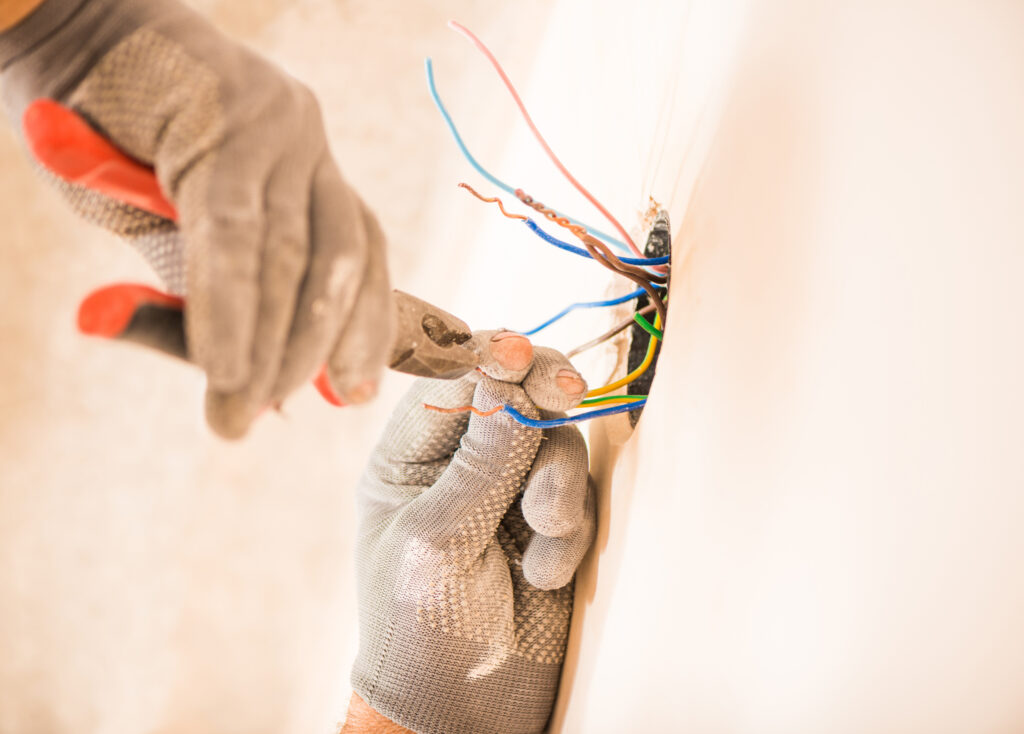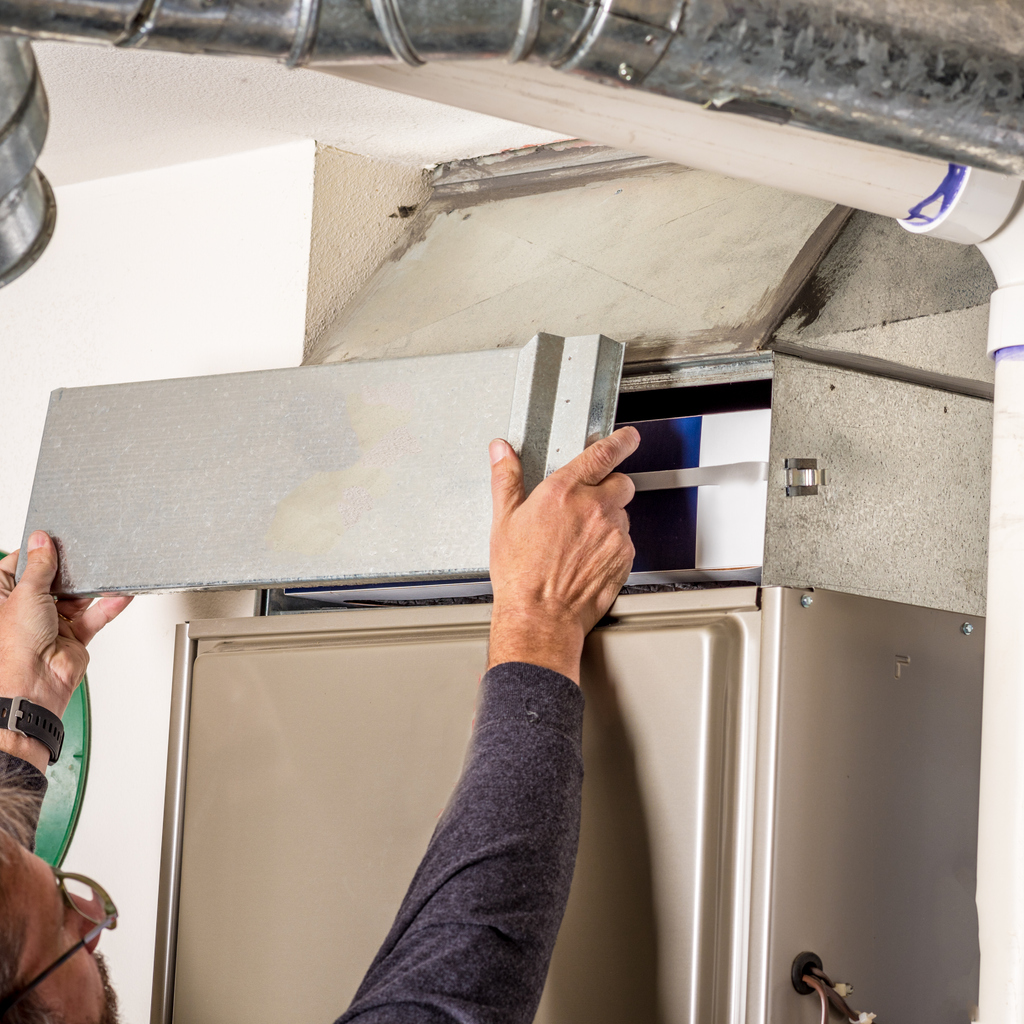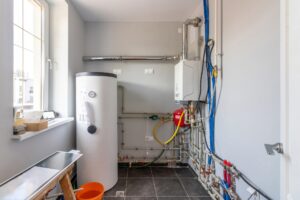FAQ: Are Gas Furnaces Safe?

This is a question we get all the time and one that customers are burning to know the answer to. When compared to electric heating systems, gas-burning appliances can seem less safe. While it’s true that a gas-burning system uses combustion when compared to electric systems simply using electricity, this doesn’t mean that gas-burning appliances are inherently unsafe. In fact, there are a lot of safety precautions that protect the owners of gas furnaces.
Customers can expect to be kept safe as long as they adhere to some standard best practices and call a professional for heating repair in Larchmont, NY when there’s a need for it. Otherwise, a furnace could start running into problems that turn into safety hazards down the line.
Let’s explore the idea of “safety” when it comes to a gas furnace, and why a furnace is likely safe enough to have in a home.
How Is a Furnace Safe?
Furnaces are safe due to many components all working together. But for a more specific answer, here are three unique components that help to keep a home with a gas furnace safe.
- The heat exchanger. The heat exchanger is a clam-shaped component of a gas furnace that helps keep the fumes of combustion separate from the clean air of a home without losing any heat in the process. If this component gets damaged, there could be a safety issue on the line.
- The flame sensor. The flame sensor will detect that there’s a flame or heat in the heating system and allow it to keep going. Otherwise, if no flame is detected, the system will shut down access to natural gas to stop unburned gas from escaping.
- Carbon monoxide detectors. Don’t underestimate the components that sit outside of a gas furnace! Carbon monoxide detectors are great at sensing when something might be dangerous with a gas furnace and alerting a homeowner.
How Can I Improve the Safety of My Furnace?
There are two main ways to improve the safety of a gas furnace. The first is to invest in routine maintenance each and every year. This will ensure that the aforementioned components don’t run into problems and create a safety hazard.
Then, make sure to contact our team for heating repairs when any strange noises, foul odors, or problems with heating come up.
Are Electric Heaters Better Than Gas Furnaces?
Well, not exactly. It’s fine to prefer an electric heating system over a gas one for a variety of reasons. Some believe that they feel better having an all-electric home. Other customers like having a heat pump because of it’s heating and cooling capabilities. Electric furnaces tend to be more affordable than gas furnaces too, so there is no reason to automatically prefer a gas furnace.
In truth, gas furnaces are still just as good as electric heating systems, and in some respects even better. Gas furnaces, especially high-efficiency ones, are reliable and natural gas is still a plentiful, clean-burning fuel source that’s cheap to produce. This means that heating bills will likely be low with this kind of system. Also, as we mentioned above, gas furnaces are inherently safe, so there’s really no safety concern that should sway customers aside from their personal preferences.
Contact Yost & Campbell Heating, Cooling & Generators for furnace services that just work.







